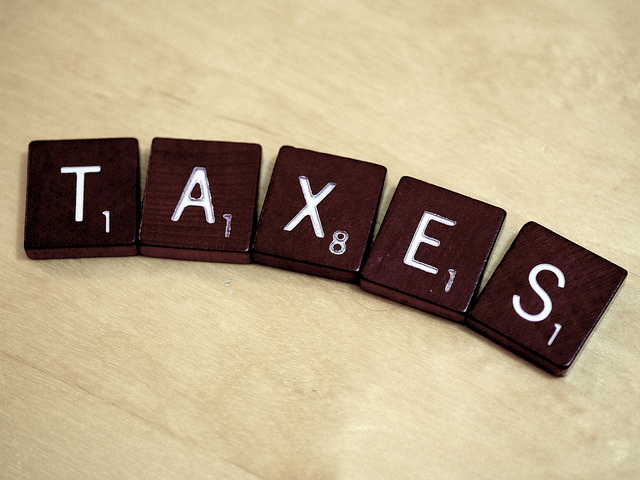
With mid-April comes a sigh of relief. Take a deep breath, you’ve earned it. Tax Day has come and gone. Your 2015 tax filing is now in the rear-view mirror. And while it’s too late to make changes to your 2015 filing, it’s not too early to begin thinking about your 2016 return. Sounds crazy right? We literally JUST celebrated the passing of another Tax Day and we should talk about next year? Know that Simply Residential thinks about taxes year round as we carefully track and document the required tax information for our property owners. You should think about taxes as a year-round opportunity as well, because by following these three simple tips you will ensure your tax filing in April of 2017is easier than the last.
Meet with Your Tax Professional
Tax professionals are so busy leading up to Tax Day that they barely have time to see immediate family, much less discuss next year’s taxes. When the 2016 Tax Day passes and tax professionals begin to regain some semblance of their former life, schedule some time to talk with your tax professional. We at Simply Residential keep in close touch with our tax professional. It’s important to learn about the processes that will make 2017 easier, ensure no important opportunities are missed and stay updated on happenings in the tax community. In between sleeping hibernation and reuniting with family, I’m sure your tax professional would appreciate an off-season meeting over a cup of joe.
Keep Important Tax Deductions in Mind
Investment property owners are eligible for a number of tax deductions. Examples to keep in mind during the year include mortgage loan interest, rental property travel expenses, utilities, maintenance, repairs and legal/management fees. Simply Residential provides its owners with 1099’s each January, but also sends monthly statements during the year.
Examine/Revise Expense Processes
If a folder full of receipts is your current process for bookkeeping, a change is in order. There are two reasons to create a cleaner, more organized approach to tracking your spending. The first is to make preparation for Tax Day in 2017 easier. The second is that properly organized receipts will allow you to maximize your tax savings by spending on certain purchases. Reducing stress and saving money are two reasons I have a hard time arguing with.
Congrats on surviving another tax day! Simply Residential looks forward to helping our property owners in the year ahead.


